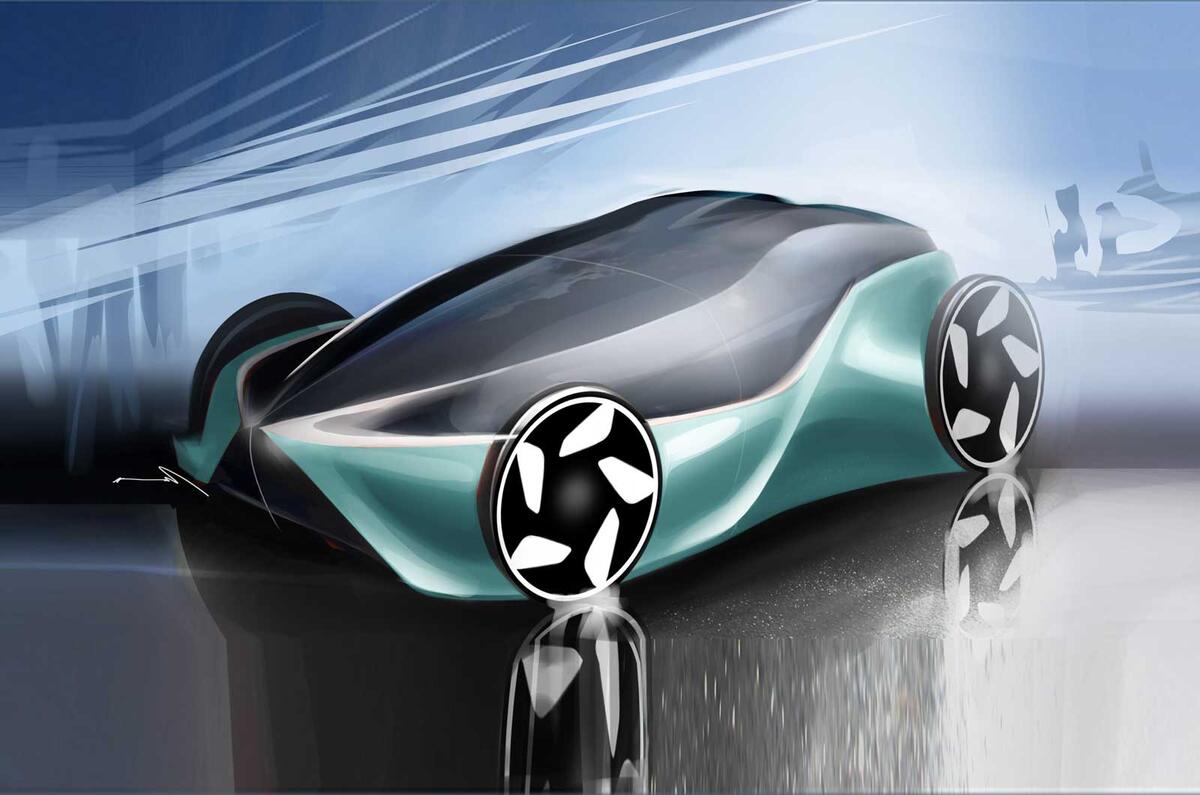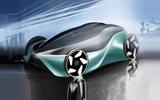Toyota will launch a new start-up company this December to develop electric vehicles (EVs).
This company, which is yet to be named, will begin work in two weeks' time with the aim of fast-tracking Toyota EV models to the market. It will be comprised of just four employees but will have access to the tools and information of Toyota's main brand.
No timescale for when the first Toyota EV would arrive has been revealed, but Japanese newspaper Nikkei claimed last week that Toyota would bring its first EV to market by 2020. It said the model, and following Toyota EVs, would be capable of travelling more than 186 miles on a single charge.
Toyota said today: "[The new company] will draw on the technological knowhow and resources of the Toyota group to develop EVs, leading to accelerated project progress and thus fast-to-market products". This suggests Toyota's EV models could be built upon existing vehicle architecture.
The Japanese manufacturer has previously said that hydrogen fuel cell power is its primary choice for zero-emission models, and its Toyota Mirai was the first vehicle of this type to go on sale in Britain.
However, Toyota admits a lack of hydrogen infrastructure in several of the world’s global markets and expensive production costs mean more conventional EVs are the more economically viable option for now.
Sales numbers for Toyota's hydrogen models are small – just 15 Mirais arrived in Britain this year, priced from £66,000 - but the conventional EV market has had rapid growth around the world. Registrations of new EVs in Britain increased from an average of 2300 per month in 2015 to around 3000 per month this year.
Toyota president Akio Toyoda said of the announcement: “Over these past few years, which we have positioned as years for strengthening our planting of seeds for the future, we have taken such measures as establishing the Toyota Research Institute, making Daihatsu a fully owned subsidiary and beginning work to establish an internal company responsible for compact vehicles for emerging markets. The new organisational structure for EVs is a part of this effort.
"As a venture company that will specialise in its field and embrace speed in its approach to work, it is my hope that it will serve as a pulling force for innovation in the work practices of Toyota and the Toyota Group.”
Autocar sampled one of Toyota's first production EVs, the FT-EV, back in 2011.







Join the debate
Add your comment
What's striking is...
First Telsa, then Jaguar now Toyota
Toyota's EVs will probably